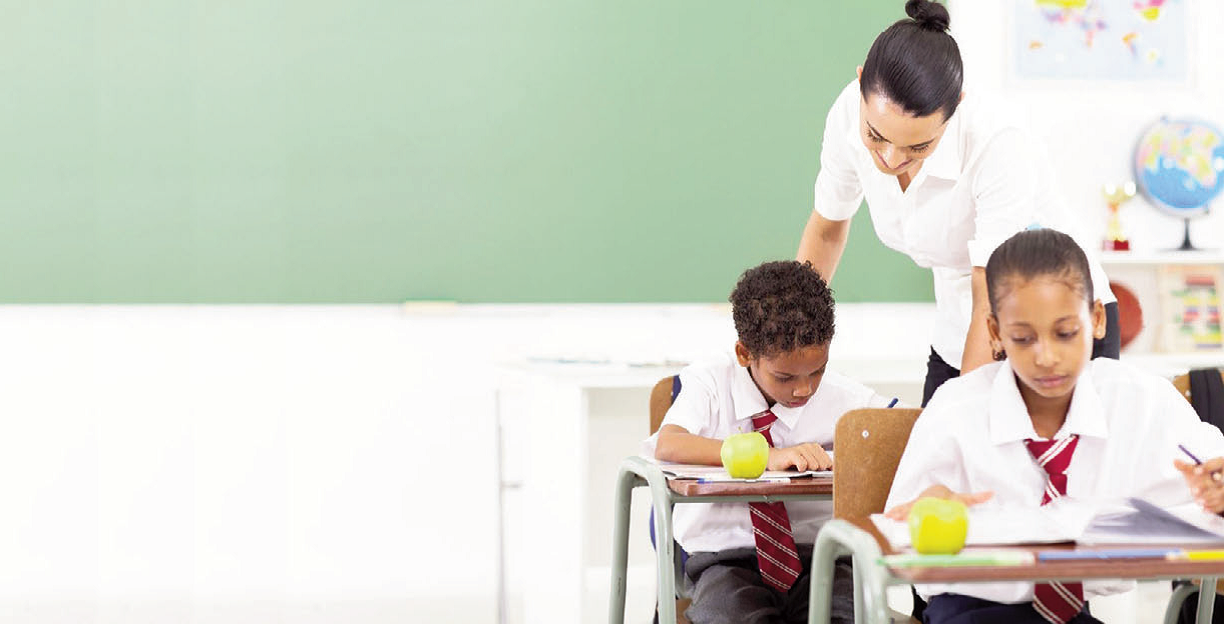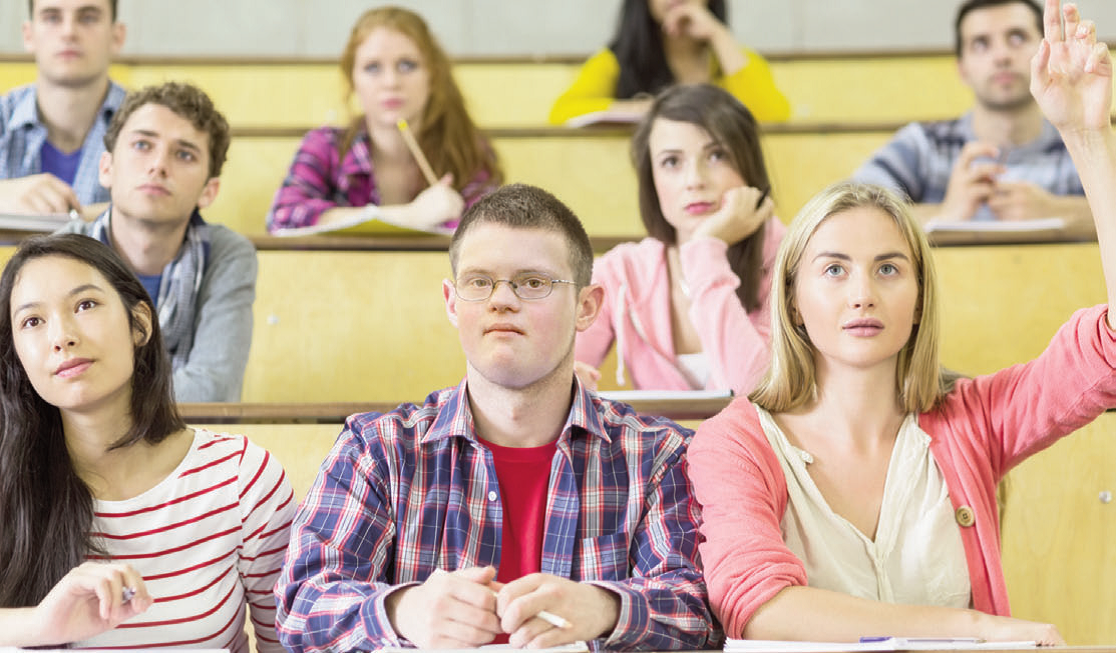BY JUDITH CANTY GRAVES AND CARSON GRAVES An IEP is your child’s roadmap to an appropriate education. No map can help you, however, if you don’t know your starting point. That is why the IEP must contain objectively measured assessments of your child’s abilities before it can be an effective educational roadmap. There are two places where clear descriptions of your child’s current level of performance should appear in an IEP: 1. In the curriculum […]
Tag: Down Syndrome
The Effects Of The ESSA (Every Student Succeeds Act) For Children With Disabilities
BY LAUREN AGORATUS, M.A. WHAT IS THE ESSA? The Every Student Succeeds Act (ESSA) is a reauthorization of the Elementary and Secondary Education Act. ESSA is replacing No Child Left Behind (NCLB.) The Council of Chief State School Officers has a chart and narrative on the crosswalk between ESSA and NCLB (see Resources). Some components of the previous law have been kept, some were revised, and other pieces are new. Here is an overview on […]
College Opportunities for Individuals with Intellectual Disabilities
BY TOM SANNICANDRO AND SCOTT LIEBER INTRODUCTION: College is the dream of many students across the country, and the ladder to economic opportunity, independence, and a first job [1]. Now, evidence suggests that college provides the same opportunities for students with intellectual disabilities (ID) as for non-disabled students [2, 3]. Employment and earnings outcomes for people with ID were higher if they had taken college classes. Students with ID who attend college are significantly more […]
Parents & Teachers Can Combat Bullying Together
BY KAREN KABAKI-SISTO, M.S. CCC-SLP Along with academic achievement, a goal of the educational experience is to learn how to have successful social relationships both inside and outside of the classroom that continue through adulthood. However, physically seating a student into a classroom –mainstream or self-contained –does not automatically ensure social acceptance. Problems with learning and communication can cause a child with special needs to be misunderstood, left out, teased, and/or bullied, leading to behavioral […]
The Physical Part of Education
HE FITNESS PRIORITY BY KRISTIN MCNEALUS, PT, DPT In 1990, the Individuals with Disabilities Education Act (IDEA) was passed, requiring that all people with disabilities, of school age, have access to Physical Education in a normal school environment. Does your child participate in physical education consistently? Do you know what your child is doing in those classes? And why this is as important as any other subject in school? Adapted physical education is PE that […]





